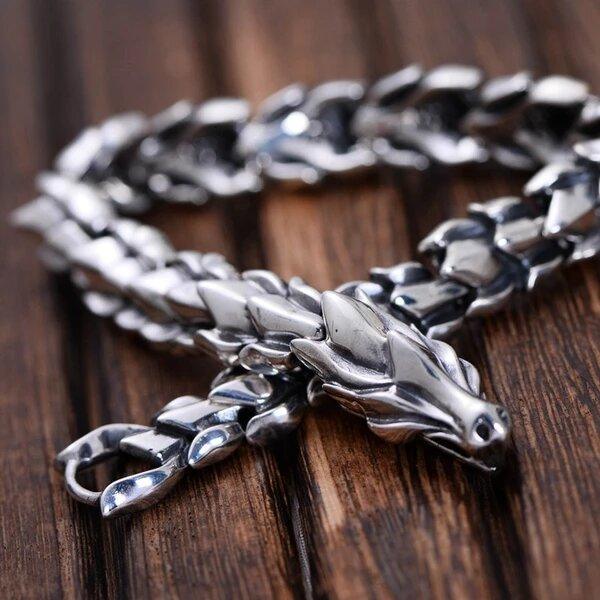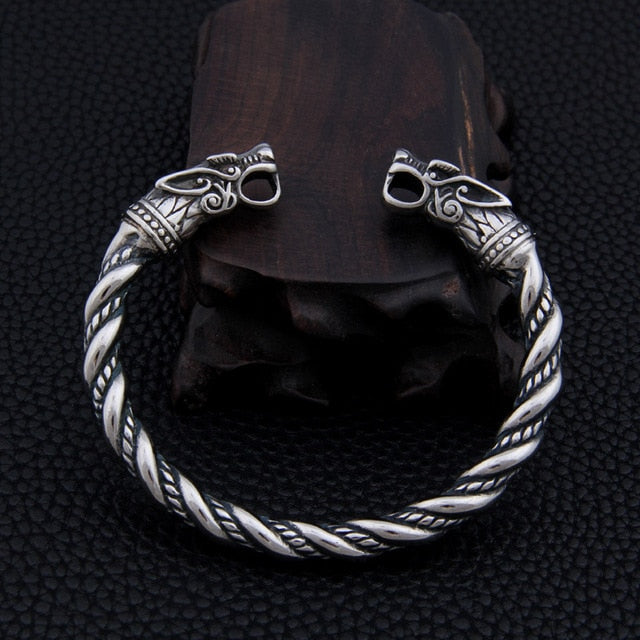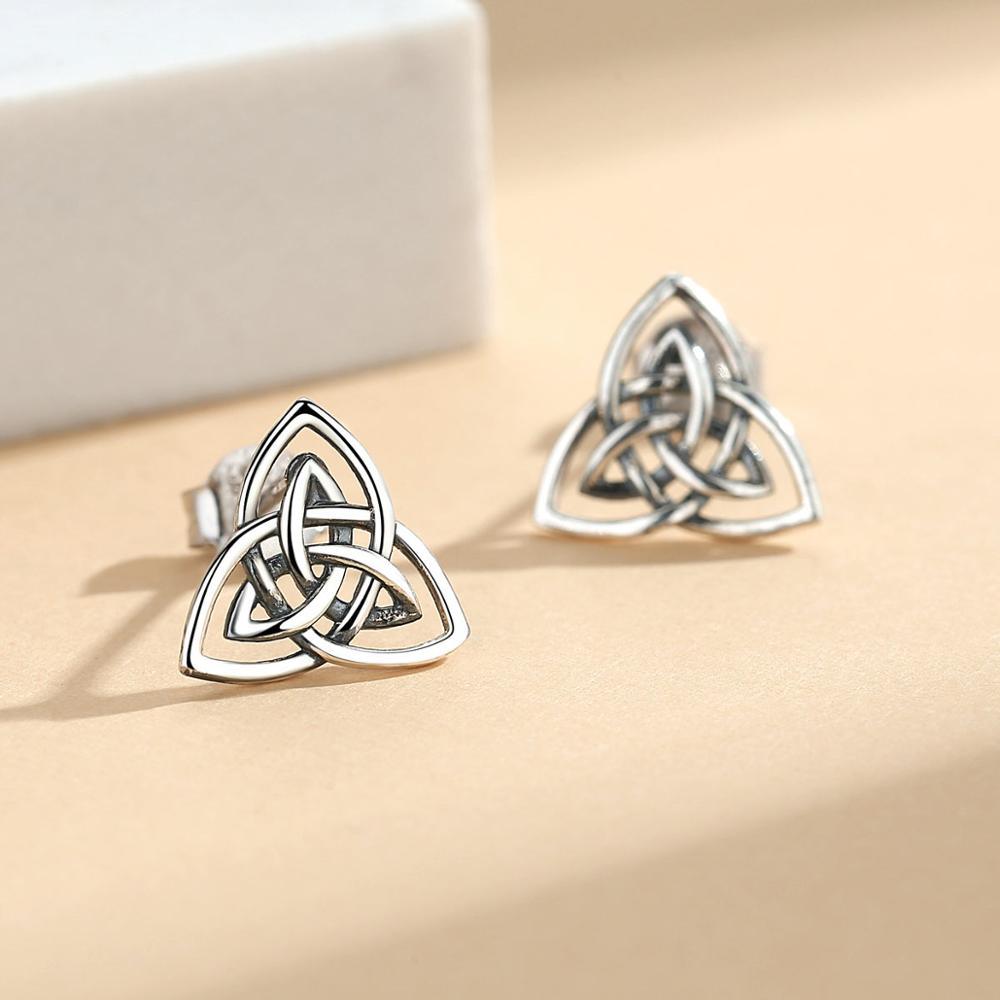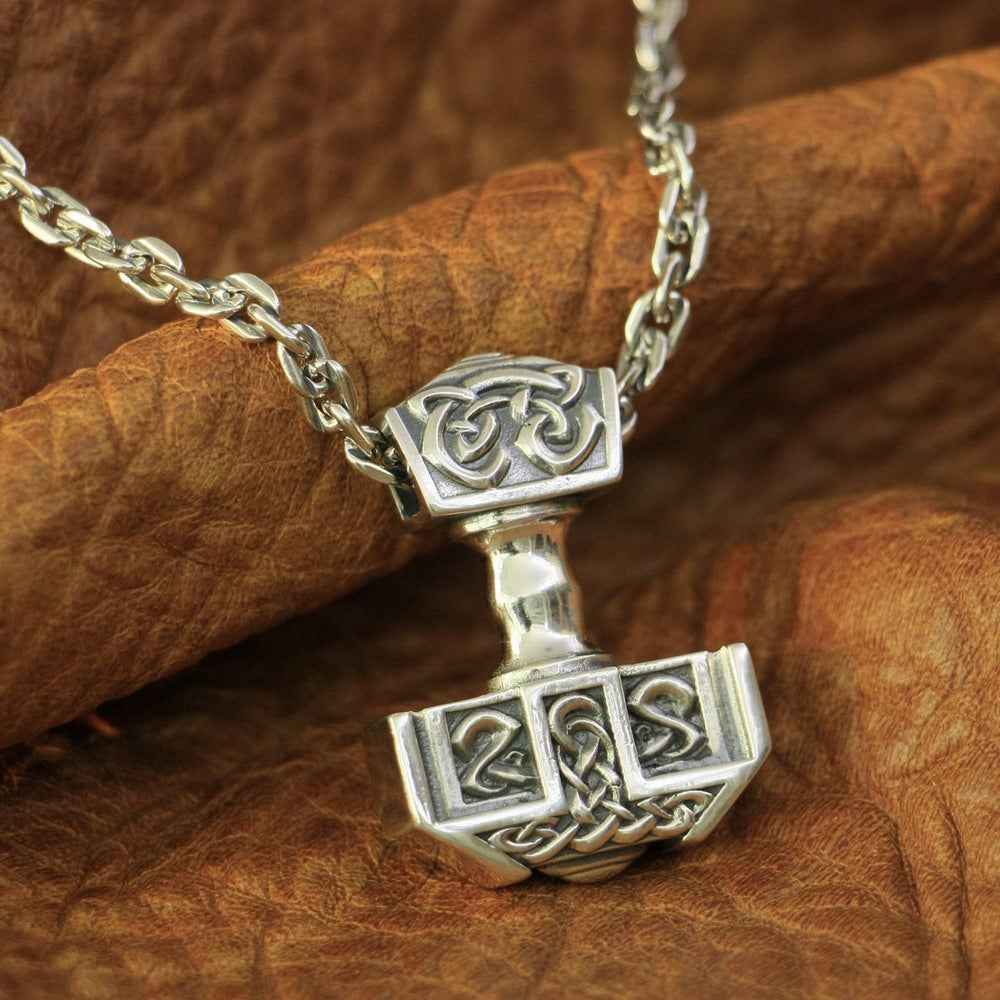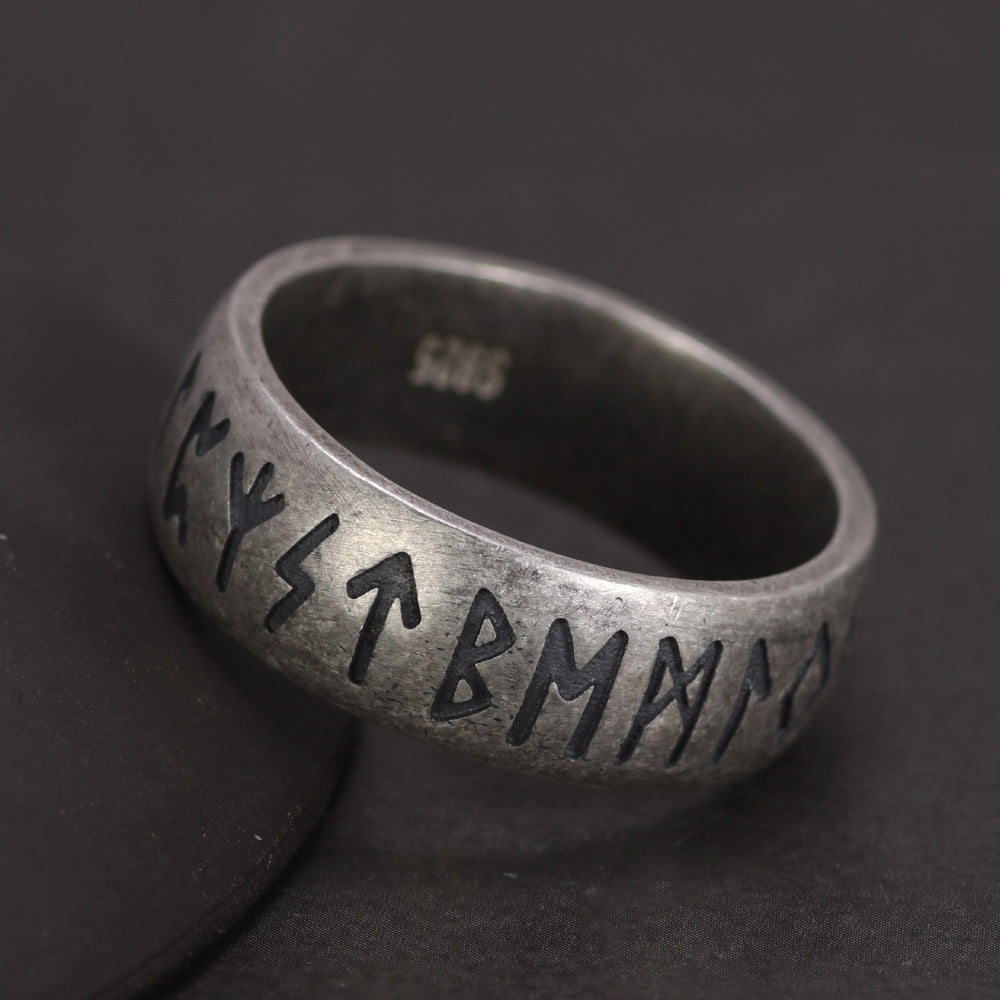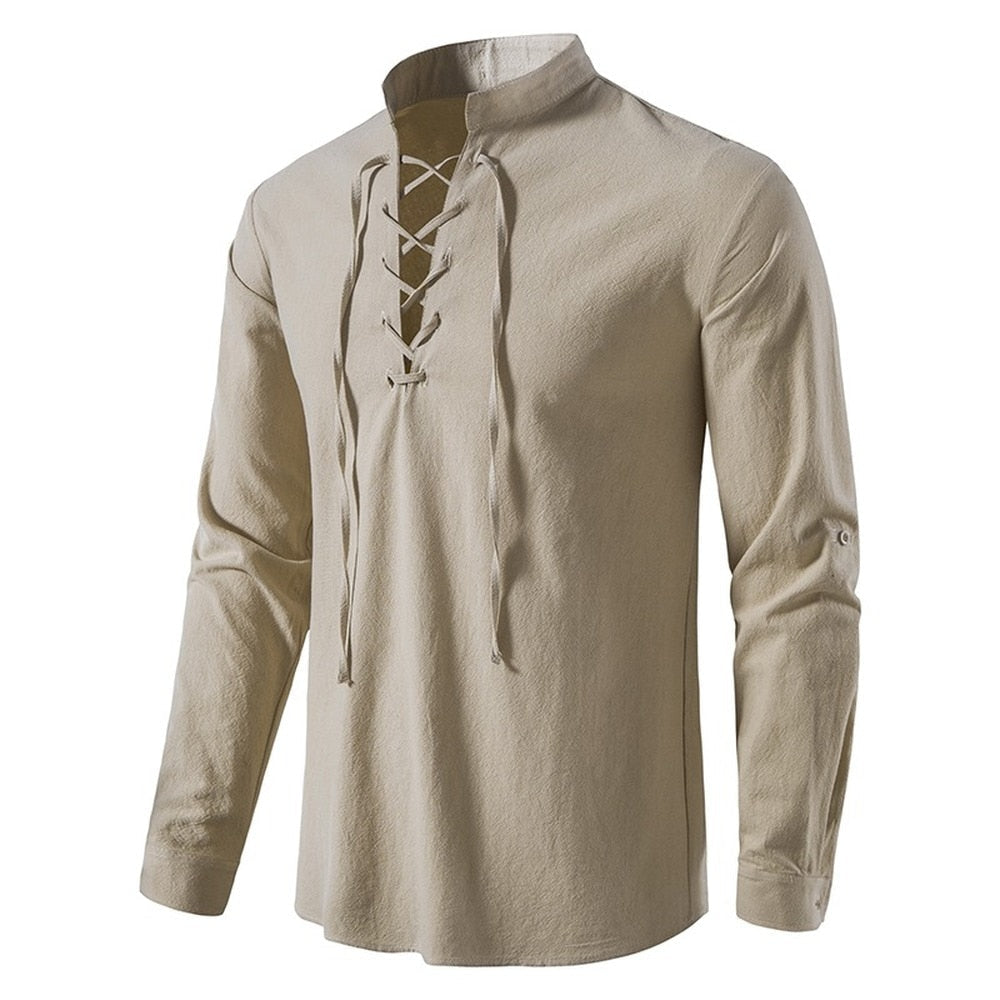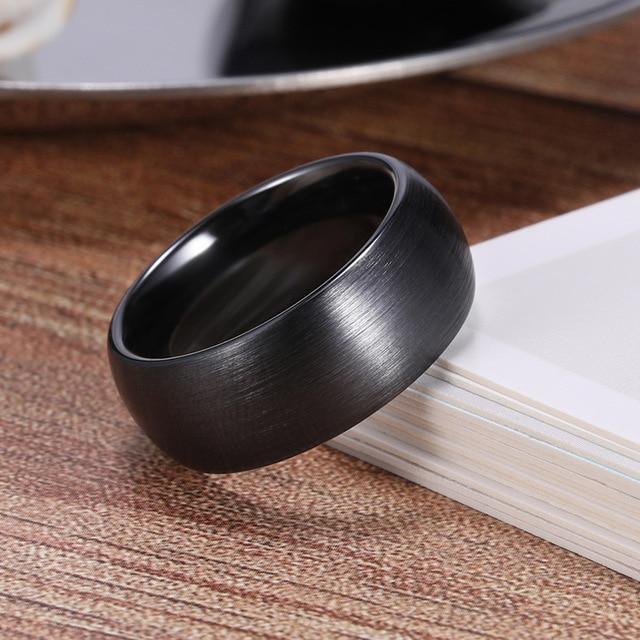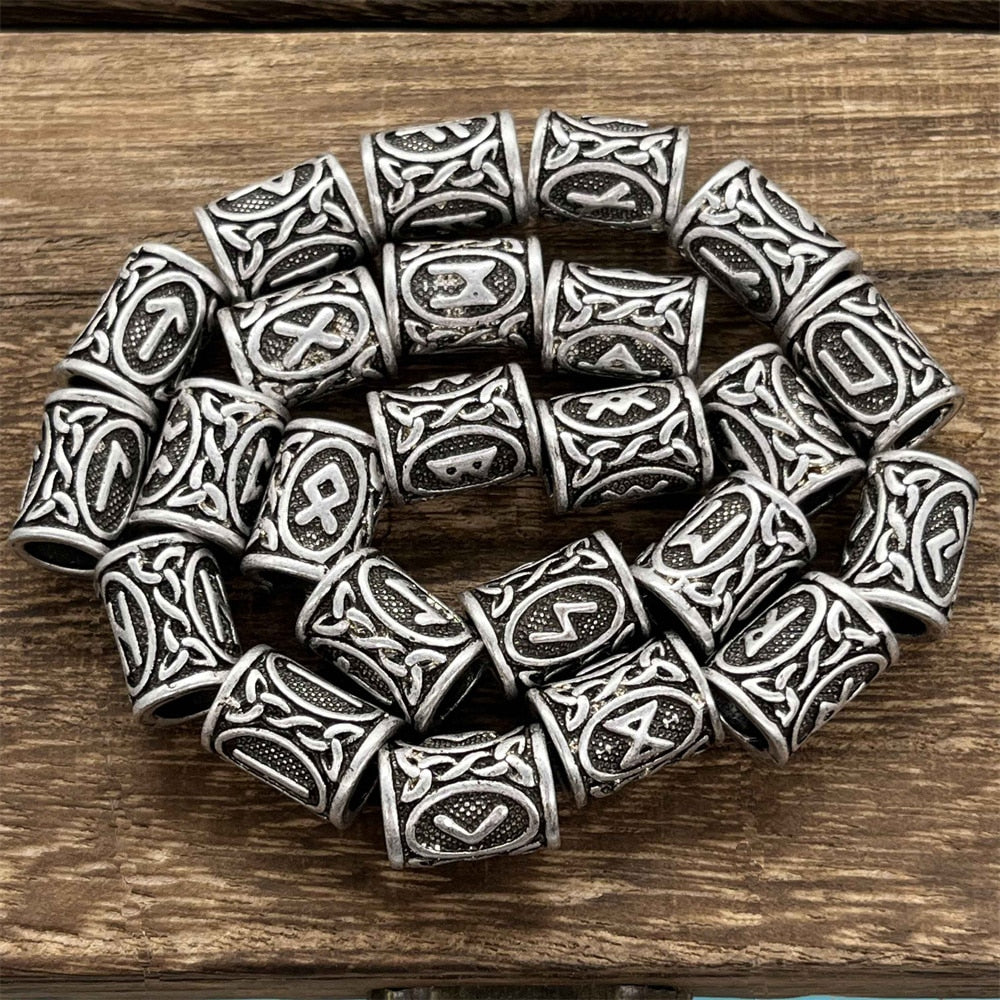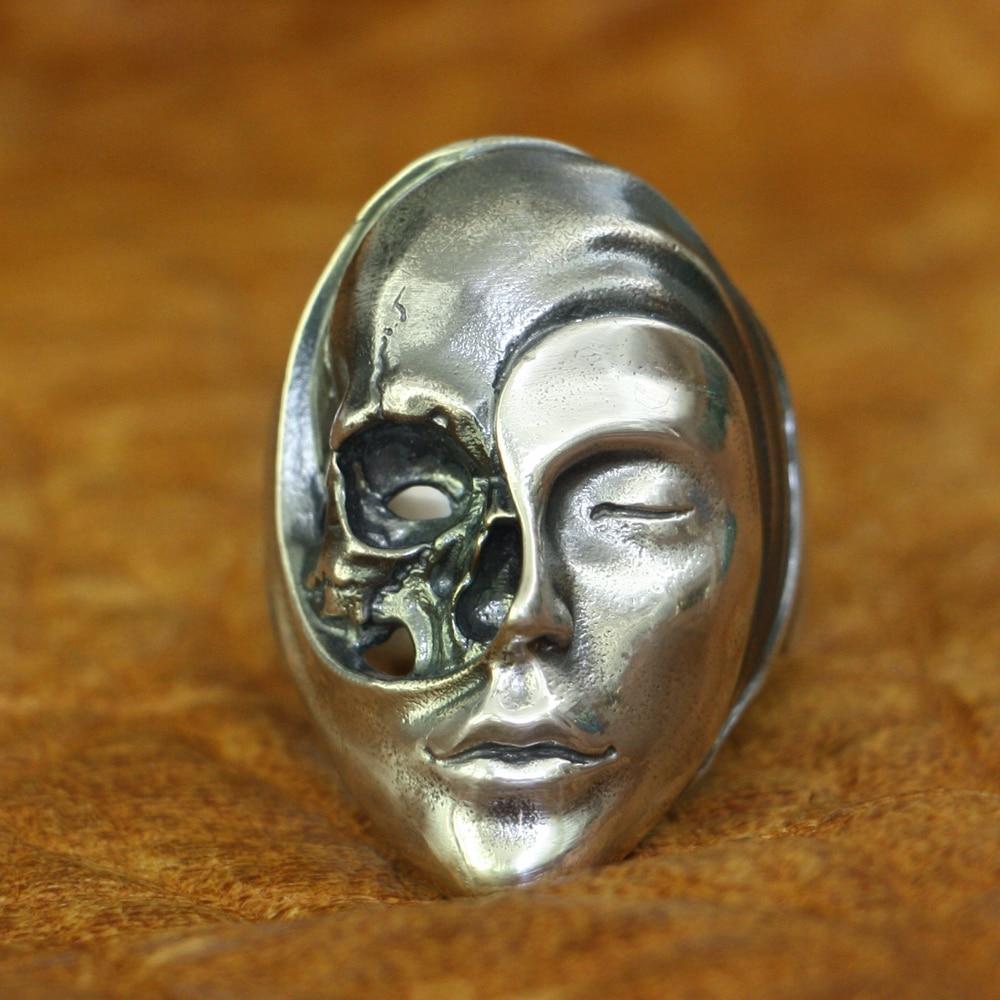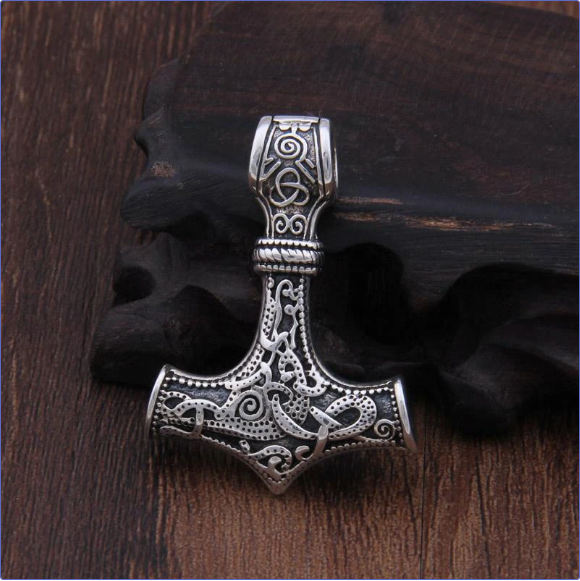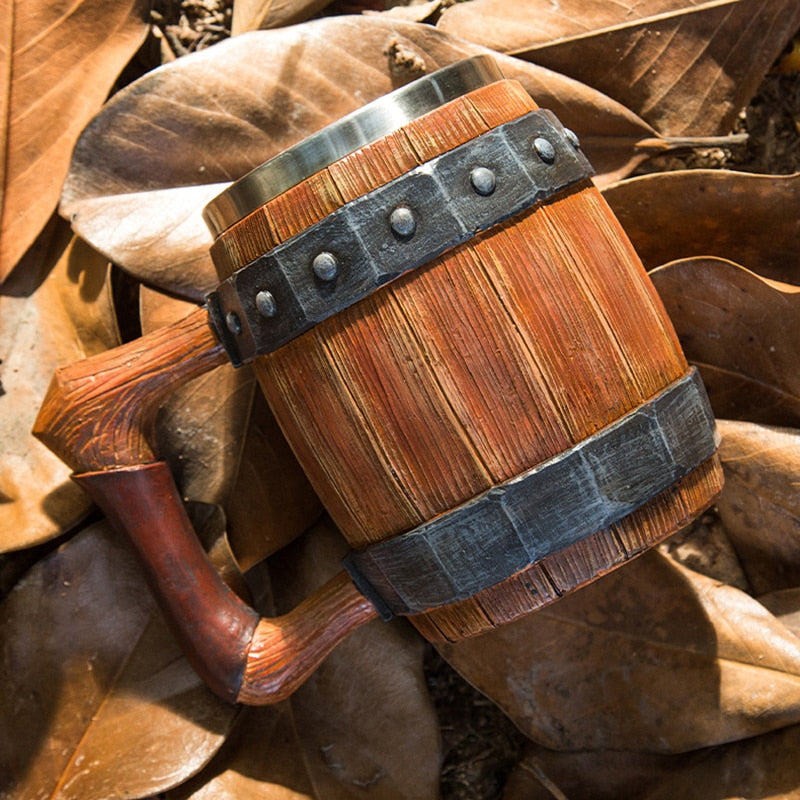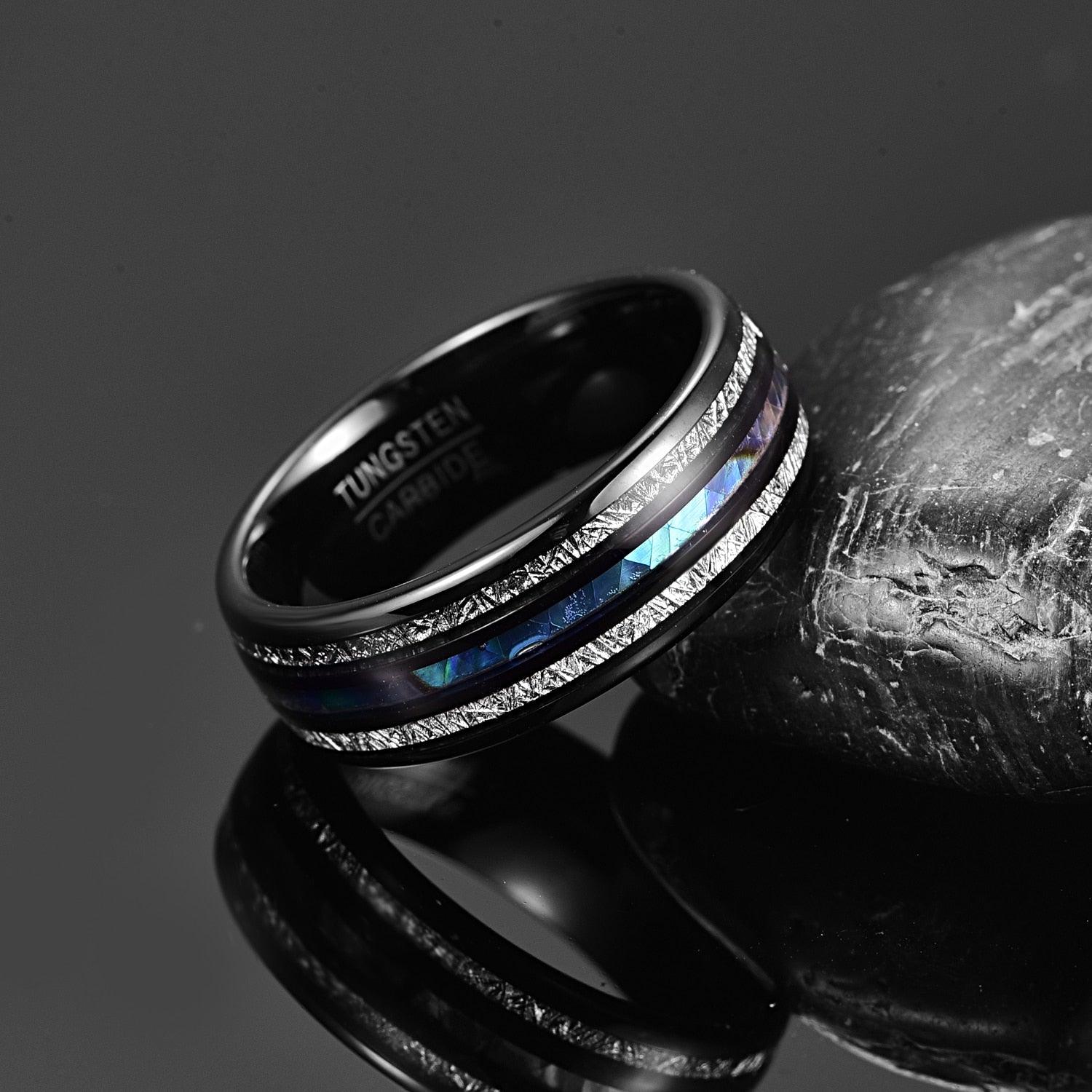This week we will continue our list of the many, many differences between Thor in the Marvel universe and Thor the Norse God of Thunder . Brace yourselves, for some astounding facts:
Frost Giants Aren't All Actually Giant, Thor Is Half-Giant, And Freyja Isn't His Mother

Whether one is watching Thor on the big screen or reading about his adventures in the pages of Marvel Comics, they’re sure to run into a scene in which the God of Thunder takes on a horde of towering Frost Giants. Clashes between Thor and the Jotnar were certainly frequent occurrences in Norse mythology - but it's the height difference that the source material doesn't support.
Some of the more infamous Jotnar - like Ymir and Skrymir - were indeed excessively large, but most of them were the same size as Thor and his compatriots. This confusion has led to the translated word "giant" being understood as a skyscraper-sized individual, when it was originally meant to describe a diverse cadre of Earth gods closely interrelated with the denizens of Asgard.
One particular important giant that is never mentioned in the Marvel chronology is Jörd. The actual mother of Thor.
In the Marvel Cinematic Universe, Thor is the son of Odin and Freyja. Indeed, the Vanir goddess did provide Odin with many sons in the ancient Norse texts - just not Thor. He is instead the result of an affair between Odin and the regular-sized giant Jörd, who would be best described as an Earth goddess.
Thor Is Married To Sif and Has Three Children, Modi, Thrud and Magni

In the MCU, Thor only has eyes for a particular mortal, Doctor Jane Foster. The real Thor, however, would have already been taken long before he met with Jane or any other contemporary Midgardians, because he was married to the Lady Sif.
The MCU portrays Sif's love for Thor as unrequited, but the Prose and Poetic Edda depict them as a committed couple from prehistory right on through to Ragnarok. This marriage produced at least two children, a son named Modi and a daughter named Thrud.
The motherhood of Thor's other son, Magni, is more ambiguous, with most versions of the edda naming the giant Jarnsaxa as Magni's mother.
Hela Is The Daughter Of Loki, She is Not Related To Thor - and her name is Hel

In Thor: Ragnarok, the title character and his brother Loki discover they've had an older sister kept in captivity all this time - Hela, the Goddess of Death. Hela does indeed rule over Helheim in the original telling of the Norse afterlife, but she's the daughter of Loki, not Odin. And given that Thor and Loki share no relation in the actual mythology, that means Thor and Hel aren't related to one another at all.
Hel isn’t Loki's only offspring either, she was the result of an affair between Loki and the giant Angrboda, which produced her two brothers: Jormungandr, the World Serpent and Fenrir the wolf. At another point, he fathered an eight-legged horse named Sleipnir that came to be owned by Odin. To top it all off, he had a comparatively normal son named Nari with his wife, Sigyn.

Thor Can't Fly - He's Pulled Through The Air By Magical Goats

Like many other superheroes, Marvel’s Thor can fly - and he can do it in a couple of different ways. When he wants to, he can simply levitate at will, but he usually prefers to travel by hurling his hammer through the air and being dragged along by the handle.
The Thor of yesteryear, however, could not fly. He did, however, possess a chariot that could be pulled through the skies by his two trusty goats, Toothgnasher and Toothgrinder. Not only were the beasts useful in getting the God of Thunder from place to place, but they also had a remarkable ability - they could be eaten by night and resurrect themselves by the morning, thus providing Thor with unlimited meals on the road. They were also quite handy in a brawl.
Thor Doesn't Live In Valhalla

If there’s one thing that has remained consistent in the portrayal of Thor across multiple Marvel mediums, it's that he hails from the shining metropolis of Asgard, where he lives with Odin and most of the other Norse gods. However, even that isn't an accurate representation of Thor's living situation in the actual mythology.
In mythical reality, Asgard is more of a country than a city. The fancy castle so often depicted as housing the throne of the Aesir is actually Valhalla - a great hall where Odin hangs out with the glorious dead. The rest of the Norse gods have their own homelands within the realm of Asgard, including Thor's own Thrudheim, where he lives with his wife and children.
Many Of The Most Famous Marvel Asgardians Don't Exist In The Mythology

Anyone who goes looking for all of Thor's allies and enemies in the historical lore are going to be disappointed with the results. While much of the God of Thunder's comic book history was adapted straight from Norse mythology, other aspects of his story were invented whole-cloth by Stan Lee, Jack Kirby, and others over the years - including some of Asgard's most colorful characters.
Marvel’s Thor most trusted companions are Fandral, Hogun, and Volstagg - the Warriors Three! But they're solely the creation of Marvel Comics, and do not exist in any form of ancient mythology. The same is true for a host of antagonists, including Malekith the Accursed, Skurge the Executioner, and even the enchanted Destroyer armor that proves central to Thor's first adventure in the Marvel Cinematic Universe.
Thor And His Friends Aren't Even Called Asgardians - They're The Aesir
Ask any fan of the MCU to describe Thor, and they'll almost certainly use the word "Asgardian," which seems like a fitting title for someone hailing from Asgard. However, that moniker is entirely the invention of the folks at Marvel.
In the ancient tellings of Norse tales, Thor and his fellow "sky gods" are referred to as the Aesir - not to be confused with the Vanir, a rival populace of sky gods that the Aesir occasionally face off against. Not everyone who lives in Asgard is a member of the Aesir - Loki isn't, for example - nor do all of the Aesir live in Asgard, which makes the whole "Asgardian" thing a little problematic when applied to the actual lore.

